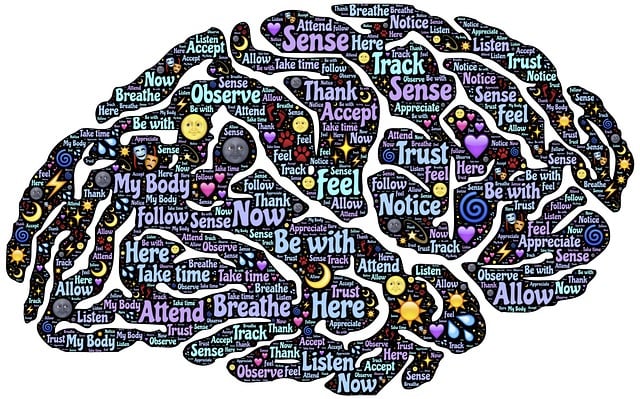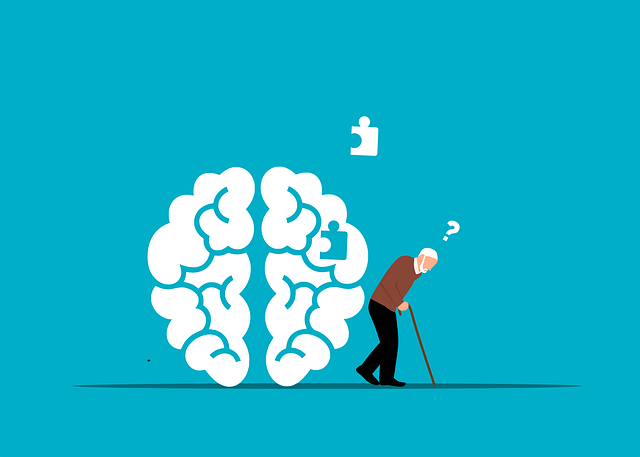Cultural competency is crucial in healthcare, especially for mental well-being, as it improves patient outcomes through effective communication and empathy between diverse backgrounds. Training equips professionals with skills to navigate social dynamics, assess risks, and foster inner strength, creating inclusive environments that respect differences and offer tailored therapy for adults facing workplace issues and job stress. This training reduces job-related stress, improves mental wellness, and promotes positive interactions among diverse communities, contributing to better healthcare outcomes, treatment adherence, workforce satisfaction, and anxiety relief for both employees and patients. Interactive workshops and real-world scenarios enhance cultural competency skills in delivering compassionate therapy tailored to unique backgrounds and workplace challenges.
Cultural competency training is an essential component of modern healthcare, addressing the complex dynamics between diverse patient populations and healthcare providers. This article explores the growing need for such training in understanding and improving patient outcomes and workplace environments. We delve into the significant impact of culturally competent care on adult patients’ well-being and discuss effective strategies for implementing and enhancing these training programs, offering solutions to navigate therapy for adults with workplace issues and job stress.
- Understanding Cultural Competency in Healthcare: A Necessity in Modern Practice
- The Impact of Cultural Competent Care on Adult Patients' Well-being and Workplace Dynamics
- Strategies for Implementing and Enhancing Cultural Competency Training Programs for Healthcare Providers
Understanding Cultural Competency in Healthcare: A Necessity in Modern Practice

In today’s diverse healthcare landscape, cultural competency is no longer an optional skill but a necessity. It involves understanding and appreciating the cultural differences and unique experiences that shape individuals’ health beliefs, behaviors, and interactions with healthcare providers. This is especially crucial when addressing issues such as workplace stress and job-related challenges, which significantly impact adults’ mental well-being. Effective communication and empathy between healthcare professionals and patients from various backgrounds can enhance patient satisfaction, improve treatment adherence, and ultimately lead to better health outcomes.
Cultural competency training equips mental health professionals with the tools to navigate complex social dynamics and provide tailored support. It includes training in social skills, risk assessment for mental health professionals, and fostering inner strength development among staff. By embracing cultural sensitivity, healthcare providers can create an inclusive environment that respects individual differences, promotes healing, and addresses therapy for adults facing workplace issues and job stress effectively.
The Impact of Cultural Competent Care on Adult Patients' Well-being and Workplace Dynamics

Cultural competent care has a profound impact on the well-being of adult patients and the dynamics within healthcare settings. When healthcare providers are equipped with the knowledge and skills to understand and respect diverse cultural backgrounds, it leads to improved patient outcomes. This approach ensures that adults from all walks of life receive therapy tailored to their unique needs, fostering better adherence to treatment plans. As a result, patients often experience enhanced satisfaction and better management of their health conditions.
In the workplace, implementing cultural competency training can significantly reduce job-related stress and improve overall employee well-being. Mental wellness coaching programs that emphasize cultural awareness contribute to a more inclusive environment where healthcare professionals feel supported and empowered. This development is crucial for risk management planning in mental health settings, as it helps address potential disparities in care delivery and promotes positive interactions between providers and patients from diverse communities. Such initiatives ultimately contribute to the growth and satisfaction of the workforce while ensuring anxiety relief for both employees and the adult patients they serve.
Strategies for Implementing and Enhancing Cultural Competency Training Programs for Healthcare Providers

Implementing effective cultural competency training for healthcare providers involves a multi-faceted approach that goes beyond surface-level understanding. One key strategy is to integrate compassion cultivation practices into the curriculum, fostering empathy and reducing biases that can impact patient care. These practices promote self-awareness exercises, encouraging providers to reflect on their own cultural backgrounds and assumptions, thereby enhancing their ability to understand and connect with diverse patient populations.
Additionally, incorporating mind over matter principles can equip healthcare professionals with tools to manage workplace issues and job stress while maintaining a culturally sensitive mindset. Interactive workshops, case studies, and role-playing scenarios are effective methods for engaging providers in these essential discussions. By actively participating in simulations that replicate real-world situations, learners can apply self-awareness exercises and cultural competency skills, ultimately improving their ability to deliver compassionate therapy for adults facing various workplace issues and job stress.
Cultural competency training is a vital tool for healthcare providers to enhance patient care, improve outcomes, and navigate the complexities of modern medical practice. By understanding cultural nuances and their impact on health, providers can offer more personalized therapy for adults, addressing not only physical but also workplace issues and job stress. Implementing comprehensive training programs that cater to diverse learning styles will foster inclusive environments, benefiting both patients and healthcare workers alike. This approach ensures a brighter future for patient well-being and the overall success of healthcare organizations.














